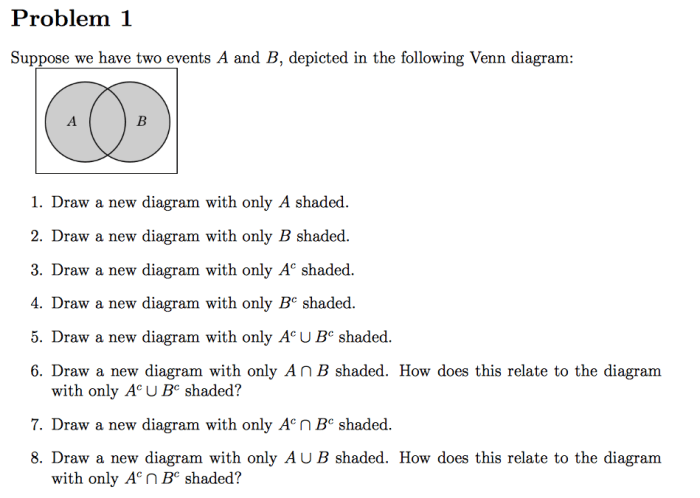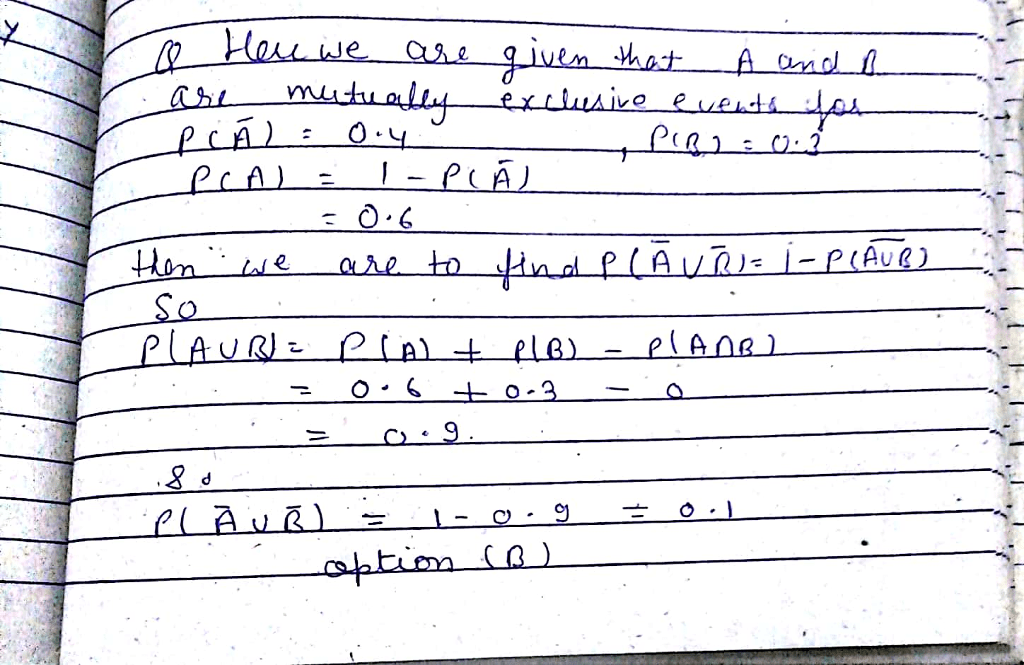Suppose Q and R are independent events. This seemingly straightforward statement opens the door to a captivating exploration of probability theory. Independent events, where the occurrence of one has no bearing on the likelihood of the other, present a fundamental concept with far-reaching applications.
Delving into the intricacies of independent events, we will uncover the mathematical underpinnings that govern their behavior. From calculating probabilities to leveraging their properties in real-world scenarios, this discourse aims to shed light on the profound implications of independence in the realm of probability.
Definition: Suppose Q And R Are Independent Events

Independent events are events that do not affect the probability of each other. In other words, the occurrence of one event does not influence the probability of the other event occurring.
For example, flipping a coin and rolling a die are independent events. The outcome of the coin flip does not affect the outcome of the die roll, and vice versa.
To determine if two events are independent, we can use the following condition:
- Two events A and B are independent if and only if P(A ∩ B) = P(A)P(B).
Probability of Independent Events
The formula for calculating the probability of two independent events occurring is:
- P(A and B) = P(A)P(B)
For example, if the probability of flipping a coin and getting heads is 1/2 and the probability of rolling a die and getting a 6 is 1/6, then the probability of flipping a coin and getting heads and rolling a die and getting a 6 is:
- P(heads and 6) = P(heads)P(6) = (1/2)(1/6) = 1/12
Applications of Independent Events

Independent events are used in a variety of real-world applications, including:
- Predicting the weather
- Modeling the spread of disease
- Analyzing financial data
- Designing experiments
Advanced Concepts

Conditional probability is the probability of an event occurring given that another event has already occurred. Conditional probability can be used to analyze independent events in a variety of ways.
For example, we can use conditional probability to calculate the probability of rolling a 6 on a die given that we have already rolled an even number.
The formula for calculating conditional probability is:
- P(A|B) = P(A ∩ B) / P(B)
User Queries
What is the definition of independent events?
Independent events are events whose occurrences are not influenced by each other. The outcome of one event does not affect the probability of the other event occurring.
How do you determine if two events are independent?
Two events are independent if the probability of one event occurring is the same regardless of whether the other event has occurred or not.
What is the formula for calculating the probability of two independent events occurring?
The probability of two independent events occurring is calculated by multiplying the probability of each event occurring.